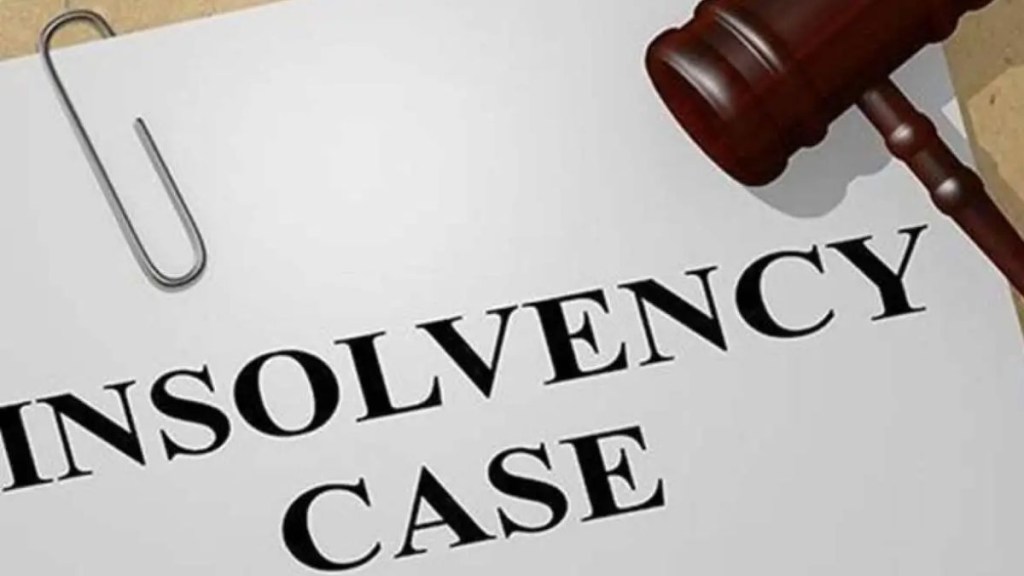The legal battle between the lenders to Reliance Capital (RCap) and a bidder will be the litmus test for bankruptcy proceedings, as it would end the debate on the core objective of the Insolvency and Bankruptcy Code (IBC). The ongoing dispute is over what is of paramount importance – completion of the resolution plan in a time-bound manner, or maximisation of value for lenders.
The deadline for the completion of RCap’s resolution plan was extended many times due to various reasons. The latest deadline is expiring on March 15. The case is being heard by the National Company Law Appellate Tribunal (NCLAT), after a February 2 order by the National Company Law Tribunal (NCLT) declared the proposed second e-auction as violation of bankruptcy rules.
“The entire IBC process aims at maximising value in a time-bound manner as the debt is mainly public money. There are these two views – time or money – and resolution professionals need to strike a balance. The committee of creditors should be permitted to pursue its commercial wisdom and given more time to complete the insolvency process,” Mahesh Agarwal, managing partner at Agarwal Law Associates, said. “Why shouldn’t the firm be given to the highest bidder? The cut-off has to be the date of awarding of the letter of lntent (LoI),” he added.
According to Rajiv Chandak, partner at Deloitte India, “Value maximisation in a time-bound manner is core principle of the IBC process. Certainty of closure increases interest from market participants. Select situations may need a differential approach and may take more time to conclude.”
Though the NCLT had rejected RCap lenders’ proposal to conduct the second auction, the lenders moved the NCLAT citing the need for value maximisation.
“Looking at the entire eco-system and legislative and regulatory objectives, value maximisation has to be a time-bound process, and in IBC resolutions, recovery must be seen along with feasibility and viability of the entire process, including overall revival of the company. The toppling bidders post successful completion of the challenge mechanism are driven by the desire to remain in the race and don’t value the sanctity of the process which is the most important pillar of time-bound insolvency process,” Anoop Rawat, partner, Shardul Amarchand Mangaldas & Co, said.
“Unending negotiations may potentially create an unviable entity once again, having an unsustainable level of leverage or erosion of investors’ value, which might again slip into bankruptcy. No true value discovery and timely resolution can happen if unrestricted time is given,” Rawat added.
In a landmark decision in 2018, the NCLAT approved UltraTech Cement’s revised ₹7,900-crore bid to acquire Binani Cement, stating that the purpose of the bankruptcy process was to extract the maximum value. The dispute stemmed after Binani Cement’s CoC had decided to consider an improved bid from UltraTech after Rajputana Properties’ (owned by Dalmia Bharat) ₹6,930-crore bid was declared the highest.
Similarly, Essar Steel received a counter offer of ₹42,000 crore, up from ₹32,000 crore it had got in the first round of the auction, while Bhushan Power and Steel got a revised offer of ₹24,500 crore, more than the original offer of ₹15,000 crore.
“Time is money. The quicker the cases are heard and concluded, the greater the value realisation. The interests of the NCLT and the RP are not aligned for quicker closure of IBC cases,” Shriram Subramanian, founder and MD at InGovern Research Services, said.

